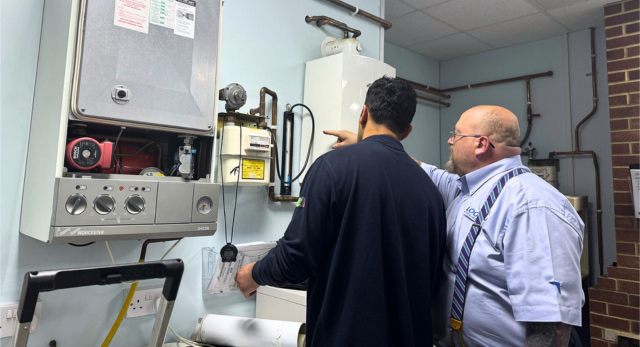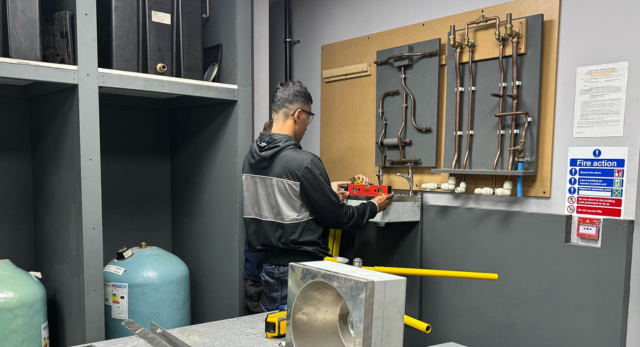Becoming an electrician – Start with the basics
How many times have you come across a job that requires the help of an electrician to professionally wire-in an electric shower, heating system or cooking appliance in order to complete a job? But what if you had these skills yourself? Not only would you be creating a time-efficient, more profitable business; you will be offering your customers the complete package!
By taking-up the necessary electrical training, you will be opening-up a number of business opportunities. If work quietens down at any point during the year, you will be able to keep the momentum (and cash flow) going by drawing on your additional skills as an electrical engineer.
Training options
18th Edition Wiring Regulations: First off, you will need a practical working knowledge of the 18th Edition Wiring Regulations and how they apply to Part P, which deals with domestic electrical installations.
Part P: Part P will allow you to meet building regulations and carry out some electrical work, such as adding new circuits for showers and central heating.
Periodic Inspection and Initial Verification: You may need to check existing electrical installations to see if they’re safe, in which case you’ll need Periodic Inspection and Testing training, ideal for experienced electricians with proven understanding of Part P, 17th or 18th Edition Wiring Regulations. To check your own work is safe, an Initial Verification and Certification qualification is required.
Domestic Electrical Installer: Covering everything you need to be a domestic electrical installer, is our New Entrant Domestic Electrical Installer course, which will equip you with knowledge of Part P, 18th Edition, Initial Verification and Testing and Certification of Electrical Installations, allowing successful candidates to join a competent persons’ scheme, such as NAPIT.
PAT Testing: If you don’t want to go down the complete re-training route, there are still other electrical skills and services you can offer to customers, such as PAT Testing (Portable Appliance Testing), which focuses on free-standing electrical appliances powered via a plug and socket. PAT Testing is required to assess whether an electrical appliance is safe to use and is carried out visually and by using a PAT Tester. Although you are must have appropriate training, you don’t necessarily have to be an electrician.
Safe Isolation of Electrical Installation: Safe Isolation of Electrical Installations (CPD Unit) is a short course suitable for those working in electrical related industries, such as heating and plumbing engineers, who need to be fully aware of (and able to) apply the correct isolation procedure to prevent injury while work is being undertaken.
Maximise your potential – and revenue – by taking up new training in the electrical sector and offer your customers something that your counterparts do not!









